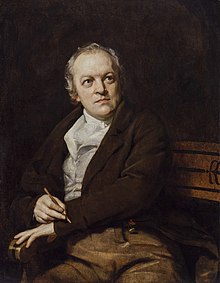Fantastic.
Tod started off as a unit of weight for wool (neat, isn't it, to have a unit specially for wool). A tod was usually equal to 28 pounds, says my dictionary, which is a quarter of a long hundredweight.*
(I love that usually: the world of tods must have been a charming Alice-in-Wonderland sort of place if even the words for measuring things didn't have a fixed meaning.)
The second meaning of tod occurs in a slang expression which means to be alone. I'm on me tod, a Londoner might announce. (My dictionary hilariously lists this expression as on one's tod, but this could only conceivably be uttered a peer of the realm pretending to be a London barrow boy.)
The third tod you'll find in Scotland or the North of England, where it's a fox.
Then there's El-Tod, which is an archaeological site in Egypt, and Mount Tod, which is in British Columbia in Canada:

Isn't that lovely?
Word To Use Today: tod. Hm, so we have a piece of cockney slang, an obsolete measure of weight, and a dialect word for fox. This isn't going to be easy to use, is it.
I don't know, though, perhaps I'm on me tod should be used more widely. It has the advantage of not being self-pitying or pathetic, which I'm alone tends to be.
The weight sort of a tod is probably related to the Old Frisian todde, which meand rag, and the Old High German zotta, a tuft of hair. On me tod is rhyming slang, after Tod Sloan (alone**), who was a jockey. Tod meaning fox has been around since the 1100s, but slunk in from no one knows where.
*A long hundredweight is of course one where a hundred =112.
**This is what it says in my Collins dictionary, but, as my husband points out, surely the rhyme should be with own, ie: on me tod = on me own, not on me tod = on me alone.

















